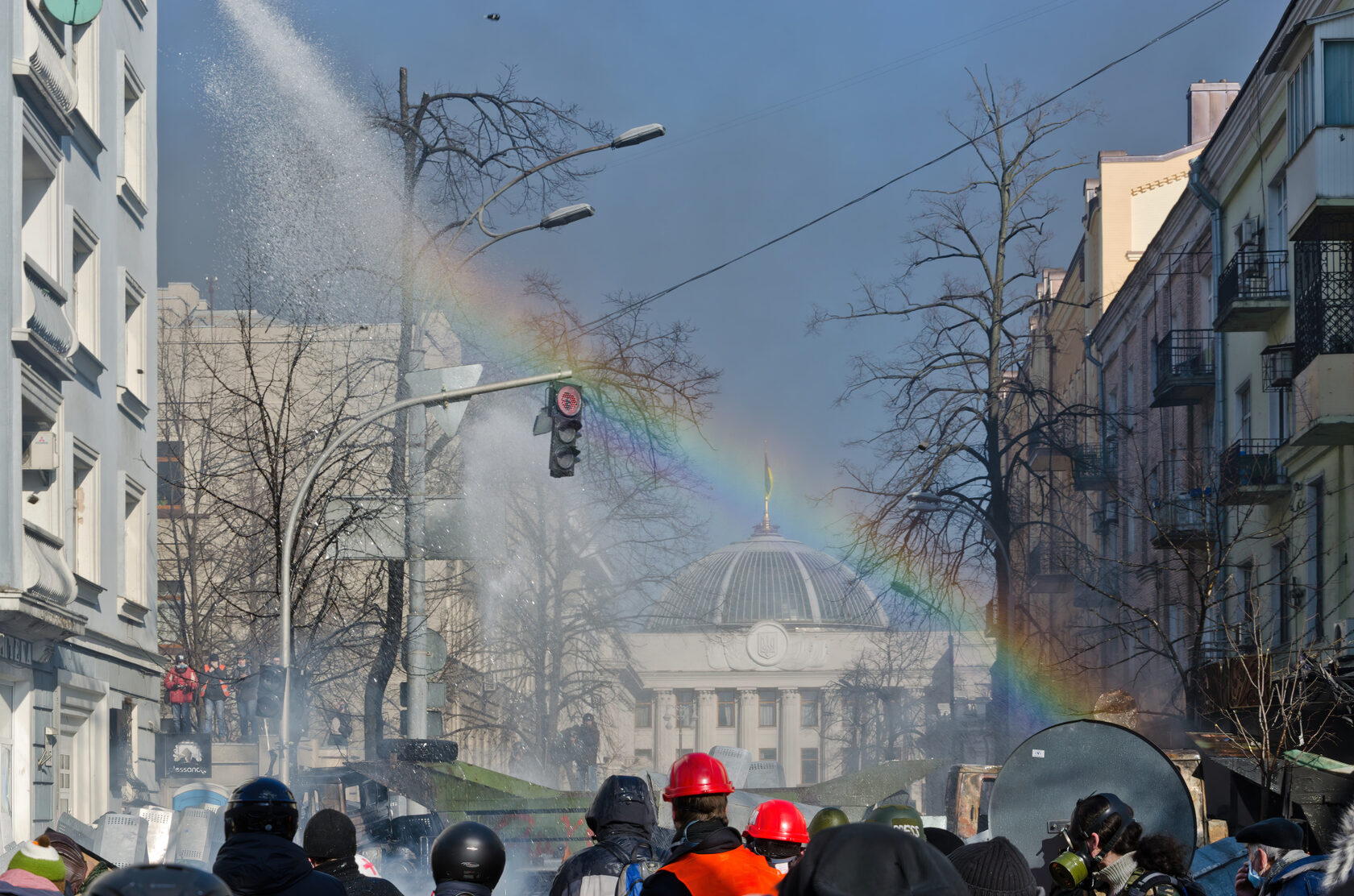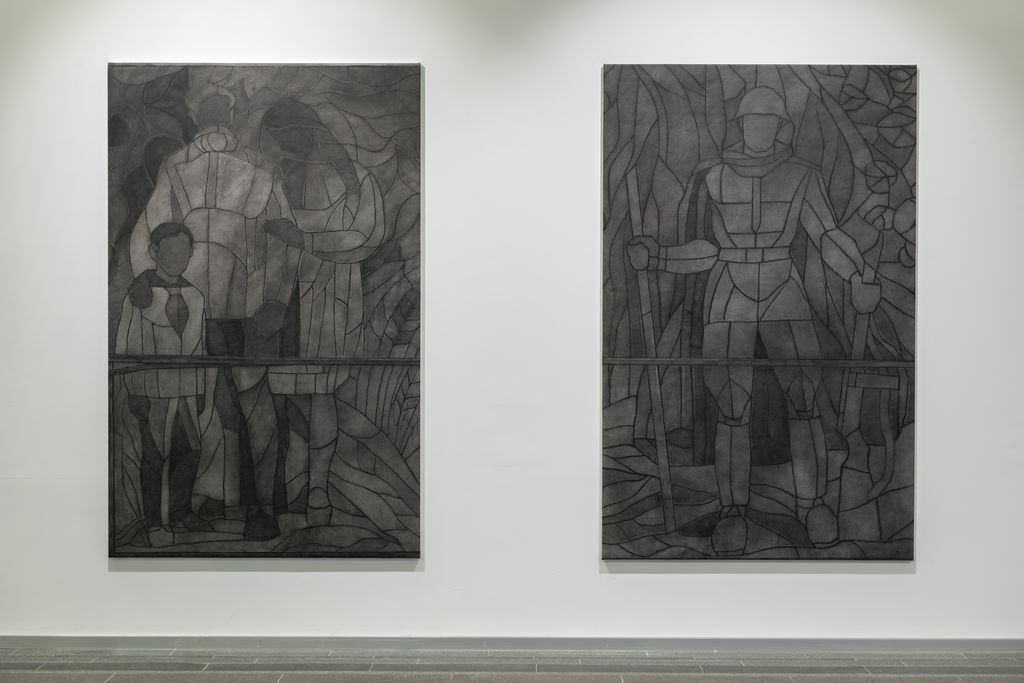Beyond the Post-Soviet: Where do we go from here?
7 — 14.07, 2023
Public events and open-call for week-long discussions and workshops
7 — 14.07, 2023
Public events and open-call for week-long discussions and workshops
What was/is “post-soviet”? Is it our lived experience or simply a label that no longer holds any meaning? What does it represent for different generations post-1991 and do they all agree on what it means? Russia’s colonial invasion of Ukraine caused horrendous traumas, deaths and destruction. In these conditions, can we be any longer “post-Soviet”? Can we find things that connect us and how do we make sense of the imperial legacy together? This summer program poses significant questions to the realities and commonalities that our region shared and asks what is there, beyond the “no longer post-Soviet”? Could it be that the “post-Soviet” always remained a part of the imperial project? Can we find a language to define our realities at present? We will pose these questions to our guests and to everyone taking part in this initial, week-long discussion and dialogue. We invite people interested in questions and answers of decoloniality and all those interested in thinking together about the past and the future of the many “posts” we live through. Our activities will include a mix of discussions, lectures, readings, watching video art and discussing it with colleagues and friends from Ukraine, Europe and beyond.
To apply, you need to follow the link below, fill out the form, attach a motivation letter and CV (if available and relevant). The program will be held offline, from July 7 to July 14 from 10 am to 16-19 pm, that is, almost all day. The language of the program is English. The deadline for the open call is July 5 at 11:00, the results will be published on the same day.
To apply, you need to follow the link below, fill out the form, attach a motivation letter and CV (if available and relevant). The program will be held offline, from July 7 to July 14 from 10 am to 16-19 pm, that is, almost all day. The language of the program is English. The deadline for the open call is July 5 at 11:00, the results will be published on the same day.
The purpose of this segment of the summer school is to open a discussion on the very nature of the post-Soviet and what comes after this. We propose to see it as an overall framework that can help us grasp with the traumas, legacies, and problems of Soviet coloniality but also perhaps attempt at collectively producing a new vocabulary to describe our own “Soviet/postsoviet”-decolonial reality and imagining a radically new and different future.
Participants:
Associate Professor of Political Sociology at the Faculty of Sociology at Cambridge Diana T. Kudaibergen, director of the Antwerp Museum of Contemporary Art (M HKA) Bart de Baere, Ukrainian artists Nikolay Karabinovych and Yevheniia Moliar as well as speakers from Kazakhstan, whose names we will announce later
Participants:
Associate Professor of Political Sociology at the Faculty of Sociology at Cambridge Diana T. Kudaibergen, director of the Antwerp Museum of Contemporary Art (M HKA) Bart de Baere, Ukrainian artists Nikolay Karabinovych and Yevheniia Moliar as well as speakers from Kazakhstan, whose names we will announce later



